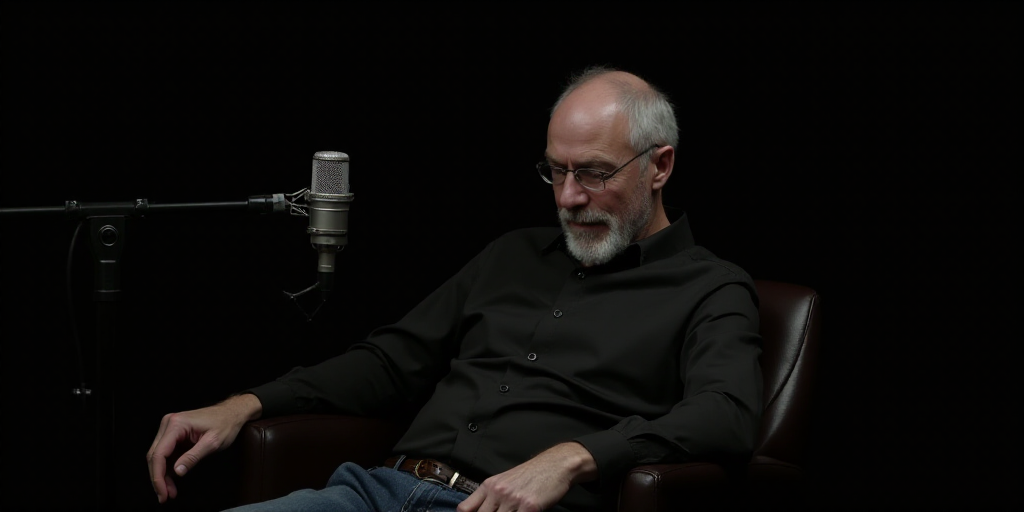Introduction
The election of León XIV (Robert F. Prevost) has caused ripples among Catholics and the world, as a pope emerges from Latin America, described as “more Latin American than external debt.” This new pope, a misionero (missionary), pastor, and obispo (bishop) known for his closeness to the faithful, has captivated millions of Spanish-speaking individuals by addressing them in their native language.
A Secular Society’s Fascination
In a profoundly secular society that avoids religion and where some Catholics reject their faith, the news of a pope’s death, the conclave, and the selection of his successor has dominated media coverage. People gathered in St. Peter’s Square to witness the new pope, with Romans and tourists rushing to Via della Conciliazione upon hearing the fumata blanca (white smoke) signaling a new pope.
A Latin American Pope
This pope, originating from Peru where faith is deeply rooted and the celebration of Semana Santa (Holy Week) showcases unique beauty, understands the language, customs, life, work, struggles, and joys of Latin Americans. His address to the people in Spanish resonated with millions, as they finally had a pope who spoke to them in their own language.
Shared Language and Customs
Pope Leon XIV is familiar with the language, customs, and experiences of Latin Americans. The Latinoamerican Church, dating back to the 16th century, has much to contribute despite resistance from Europe and the United States. The faith took root in Latin America similarly to the early Christian expansion across the Roman Empire, impacting millions of people.
Sociologist Rodney Stark explains this phenomenon in his book “The Expansion of Christianity.” While some Europeans, both clergy and laity, still view Latin American theology as solely the Teología de la Liberación (Theology of Liberation), a Marxist-influenced theology, Latin American theologians developed non-Marxist liberation theories. One such example is the Teología del Pueblo (Theology of the People), which has influenced Church teachings, especially those of Pope Francis.
Humane and Academic Formation
Pope Leon XIV, witness to the rich tapestry of Latin American faith, embodies the importance of balancing pastoral work with solid human, theological, and canonical formation. His life demonstrates that a pastor cannot thrive without proper education, just as sheep without nourishing pastures perish.
The Essential Balance
Pope Leon XIV’s background in both prayer and academic pursuits highlights the necessity of combining strong intellectual foundations with pastoral work for a fruitful ministry. His journey serves as an example of the vital role education plays in the Church.






